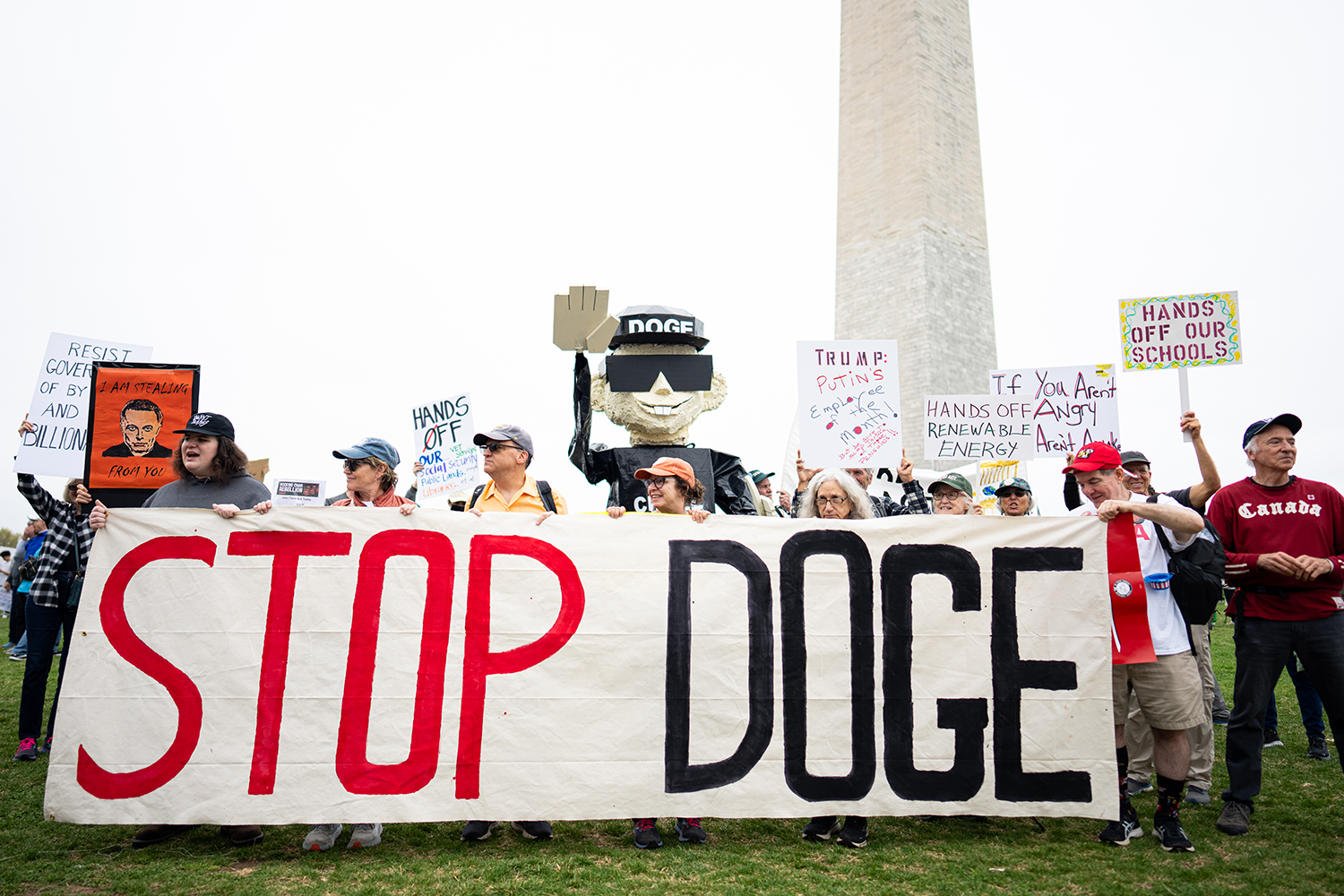Reid Hoffman was recently in Cambridge, where I work. Who he? He’s one of the “PayPal mafia”, a group of former employees or founders of the online payments system who used their share of the proceeds when eBay paid $1.5bn for the business in 2002 to found other tech companies. These included LinkedIn, Palantir, SpaceX, YouTube and Yammer. Hoffman co-founded LinkedIn in December 2002 and in June 2016 sold it to Microsoft for $26.2bn.
So he’s a billionaire, but not one from central casting. For one thing, he looks as though he enjoys life, unlike other pasty-faced, uptight tech moguls you could name. For another, although he studied cognitive science as an undergraduate at – where else? – Stanford, he also was a Marshall scholar, earning a master’s in philosophy from Oxford.
He’s the author or co-writer of six books. Unlike his peers, he’s interested in politics – he’s on the Council for Foreign Relations – and has long been a vocal advocate for democratic institutions, unlike his former PayPal buddy Peter Thiel, who apparently hasn’t believed that “freedom and democracy are compatible” since 2009.
And Hoffman’s clearly not a member of the Donald Trump fan club – which made him very welcome to a Cambridge audience.
His best-known book is Blitzscaling, which he co-wrote with Chris Yeh. When Hoffman talks about its striking title, he acknowledges its unsavoury echoes of the blitzkrieg, the innovative form of warfare practised by Germany in the 1940s. “Before blitzkrieg... armies didn’t advance beyond their supply lines, which limited their speed. The theory of the blitzkrieg was that if you carried only what you absolutely needed, you could move very, very fast, surprise your enemies, and win.
“Once you got halfway to your destination, you had to decide whether to turn back or to abandon the lines and go on. Once you made the decision to move forward, you were all in. You won big or lost big. Blitzscaling adopts a similar perspective.”
Four months on from Doge’s launch, it’s not clear it has actually made many substantial savings
Four months on from Doge’s launch, it’s not clear it has actually made many substantial savings
It’s about prioritising growth above everything else. It involves taking more risks than is prudent, making mistakes all the time but learning and recovering from them quickly, stressing people out with the aim of getting so many users that potential competitors lose their nerve. And it’s not for the faint-hearted: those seeking a healthy work-life balance need not apply.
Which, oddly enough, describes what it’s like to work for Elon Musk, who is possibly the most difficult boss on the planet. When Trump nominated him to head up Doge – the “department of government efficiency” – an unofficial non-department to “eliminate” waste in the US federal government, Musk went full blitzkrieg. The target was to find $2tn of savings. Government departments suddenly found themselves invaded by young software engineers and other geeks demanding to examine their files, data, contracts. Officials who refused to provide access were summarily fired. Government employees received emails instructing them to submit a weekly list of five things they accomplished during the previous week. And so on, ad infinitum.
Four months on from Doge’s launch, it’s not clear it has actually made many substantial savings. An investigation by the Financial Times concluded that “it has yet to find a fraction of that initial [$2tn] sum on a one-off basis, let alone make the sort of cuts that would reduce spending year after year”.
What is not in dispute, though, is that Doge’s modus operandi was crass, insensitive, ignorant and error-prone – as in firing almost 25,000 probationary workers in February, who were reinstated after court rulings. A recent Reuters report reckons that Musk’s activities have resulted in the sacking, resignations and early retirements of 260,000 civil servants.
Newsletters
Choose the newsletters you want to receive
View more
For information about how The Observer protects your data, read our Privacy Policy
Doge’s MO struck a number of observers as familiar. Some, such as US journalist Mike Masnick, saw it as a rerun of the method Musk used at Twitter after he acquired it in 2022. But the political scientist Henry Farrell was struck by the way the agency’s behaviour mapped on to the basic principles of blitzscaling. For example, he writes, its fundamental ambition was to get big things done quickly and cheaply. It was disgracefully tolerant of mistakes that it made. It seemed designed “to overwhelm the opposition before the opposition can even figure out what is happening”.
And it relied on a small, elite team of engineers to completely reshape huge organisations (such as the US Internal Revenue Service) about which they knew precisely nothing. The best summary of the Doge operation, Farrell concluded, was: “Blitzscaling for tyrants.” He’s right.
What I’m reading
Advance knowledge
AI as Normal Technology is an impressive long essay by two Princeton scholars, Arvind Narayanan and Sayash Kapoor, on how advanced AI systems may harm, or help strengthen, democratic freedoms.
Phantom thread
Dave Karpf’s blogpost Mark Zuckerberg’s Phantom-Friend-Future looks at the Meta boss’s latest fantasy.
Carr mechanics
The Last Humanist: Nicholas Carr on What the Digital Age Can’t Replace is Erik J Larson’s review of Superbloom, the new book by the bestselling author of The Shallows.
Photograph: Getty Images



